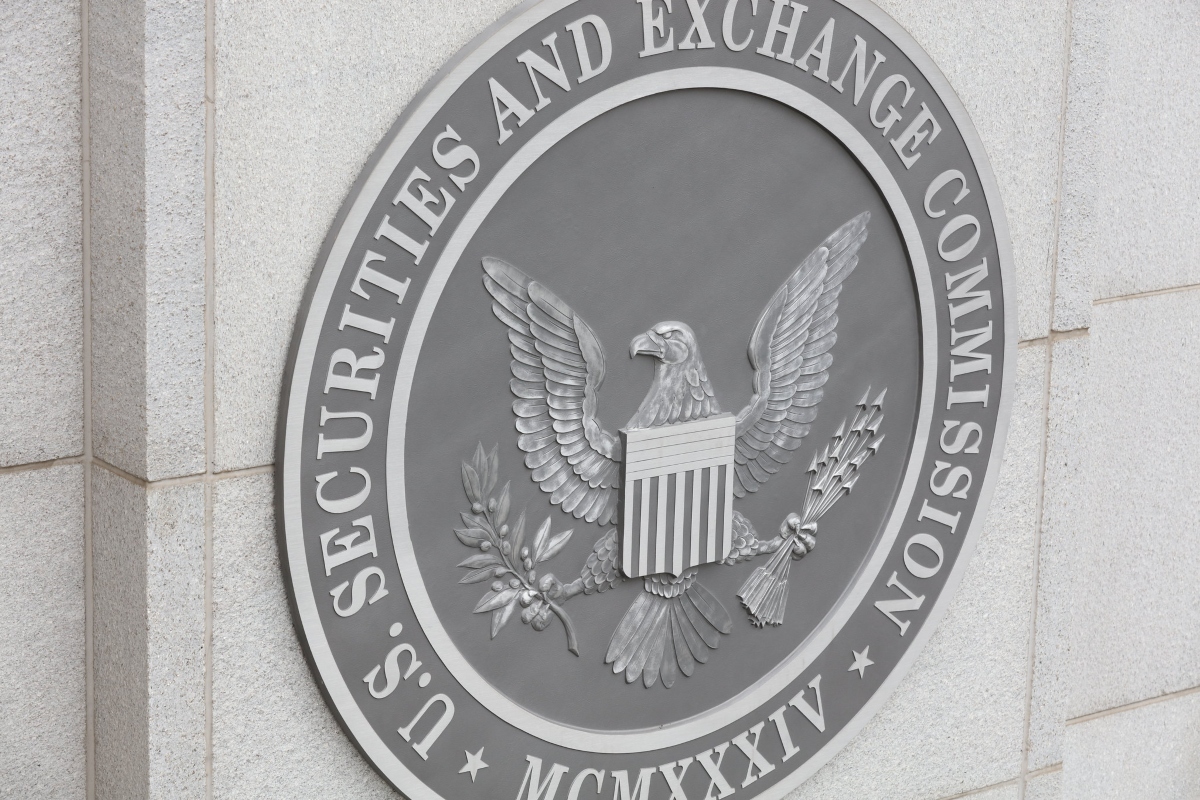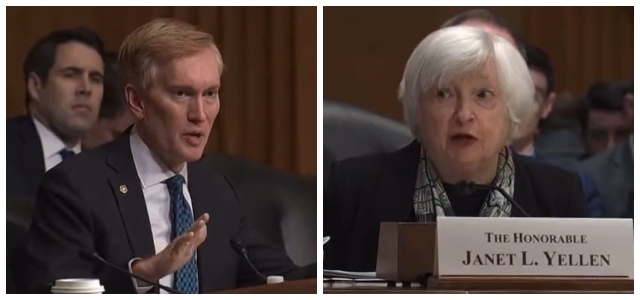US bondholders preparing to sue Swiss government over wipeout of $17 billion worth of Credit Suisse bonds
03/24/2023 / By Arsenio Toledo

American investors in Credit Suisse and corporate litigators are preparing to take on the government of Switzerland over its decision to wipe out $17 billion worth of Credit Suisse bonds.
Swiss bank Credit Suisse was sold to one of its main competitors, UBS, in a sale brokered by the Swiss government. As part of this deal, UBS was forced to pay out $3.25 billion to shareholders. But the government also used an emergency ordinance to write down the value of the bonds to zero. (Related: Credit Suisse merger with USB could destroy Western bond market after bank zeroed out BILLIONS in bonds.)
These bondholders own securities that are known as Additional Tier 1 (AT1) bonds. Those that hold AT1s purchased these securities on the expectation that, in the event of a bank collapse, they stood ahead of equity holders on the balance sheet.
The emergency government-brokered deal is proving a disaster for investors in Credit Suisse securities, which were initially introduced after the global financial crisis in 2009 as a way to impose the losses on creditors without asking the Swiss government for a bailout.
Before the current crisis, AT1s were trading at nearly 78 percent of their face value, according to prices compiled by Bloomberg. Now, AT1s are trading at a rapid pace with a significant discount, with many quoted in the low single digits, according to people familiar with the trades.
Bondholders preparing lawsuits against Swiss government to recoup their investments
Different groups of bondholders in the United States are currently discussing with their litigators and among themselves about potentially presenting the Swiss government with a lawsuit regarding the loss of value of their bonds.
David Tepper, the billionaire founder of the hedge fund Appaloosa Management, is one of the investors that bought a range of Credit Suisse’s senior and junior debt as the bank descended into chaos following the financial crisis. He is now seeking to make sure that the bank and the Swiss government honor their debts.
“If this is left to stand, how can you trust any debt security issued in Switzerland, or for that matter wider Europe, if governments can just change laws after the fact,” said Tepper. “Contracts are made to be honored.”
Mark Dowding, chief investment officer at asset management firm RBC BlueBay, which held a lot of Credit Suisse AT1 bonds, claimed that this move made Switzerland “look more like a banana republic.” His firm’s Financial Capital Bond fund is down 12.2 percent this month due to the crisis.
Multiple law firms are discussing possible legal options with bondholders.
“We have been contacted by numerous investors who are actively exploring their litigation options, following the contentious takeover,” noted Natasha Harrison, managing partner of the New York-based law firm Pallas. “The disruption to the capital structure as well as previous representations that have been made to investors, make the situation all the more egregious.”
Los Angeles-based law firm Quinn Emanuel Urquhart & Sullivan hosted a call with over 750 bondholders to go through their potential legal options.
“You know something has gone wrong when other regulators come and politely point out that in a resolution, [they] would have respected ordinary priorities,” said Richard East, a partner at Quinn helping bondholders prepare lawsuits.
Learn more about the banking crisis and the collapsing global economy at MarketCrash.news.
Watch this episode of the “Health Ranger Report” as Mike Adams, the Health Ranger, talks about the global financial shockwaves caused by the ongoing crisis revolving around Credit Suisse.
This video is from the Health Ranger Report channel on Brighteon.com.
More related stories:
Sources include:
Submit a correction >>
Tagged Under:
bank collapse, bank failure, bank merger, banking crisis, big government, Bubble, Collapse, Credit Suisse, economic collapse, financial crash, market crash, risk, switzerland, UBS
This article may contain statements that reflect the opinion of the author
RECENT NEWS & ARTICLES
COPYRIGHT © 2017 MARKET CRASH NEWS
















